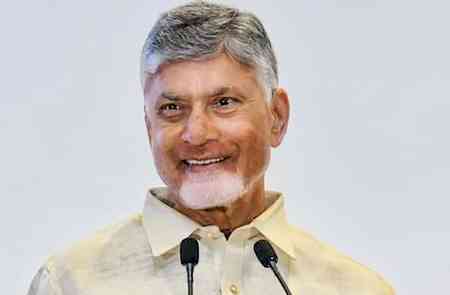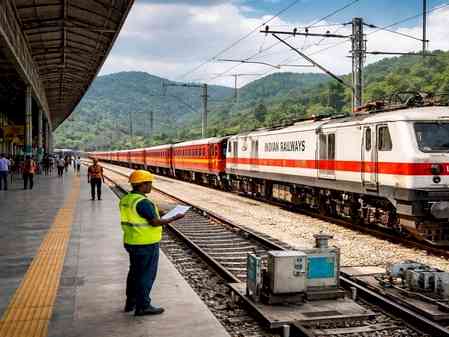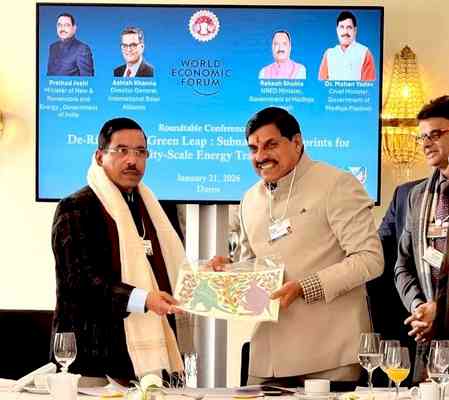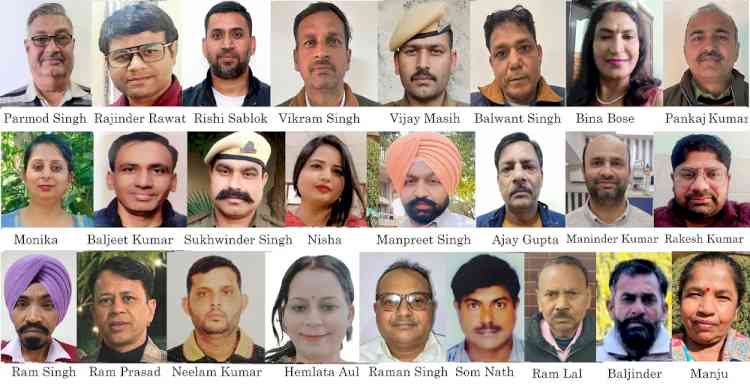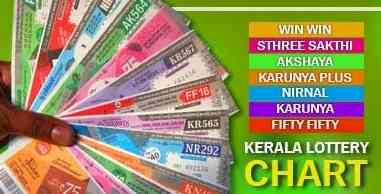Govt ensuring citizens get fuels at affordable prices: Hardeep Puri
Union Petroleum and Natural Gas Minister Hardeep Singh Puri on Thursday told the Parliament that the government is committed towards ensuring energy security, affordability, and accessibility for every citizen, highlighting that despite international crude oil price fluctuations, domestic petrol and diesel prices have been reduced owing to various steps taken by the government and public sector oil marketing companies.
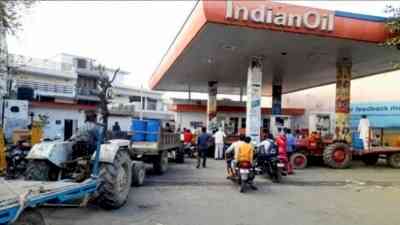
New Delhi, Aug 21 (IANS) Union Petroleum and Natural Gas Minister Hardeep Singh Puri on Thursday told the Parliament that the government is committed towards ensuring energy security, affordability, and accessibility for every citizen, highlighting that despite international crude oil price fluctuations, domestic petrol and diesel prices have been reduced owing to various steps taken by the government and public sector oil marketing companies.
The government has taken several measures to insulate citizens from high international prices, including diversifying the crude import basket, invoking provisions of Universal Service Obligation to ensure availability of petrol and diesel in the domestic market, and augmenting domestic exploration and production of crude oil. Additionally, the government is promoting ethanol blending and enhancing the share of renewable energy in India’s energy basket, the minister said in a written reply to a question in the Lok Sabha.
Puri pointed out that crude oil prices (Indian basket) rose from $55 a barrel (March 2015) to $113/bbl (March 2022) and further to $116/bbl (June 2022), and continue to fluctuate due to geopolitical and market factors. However, domestically, petrol and diesel prices have reduced to Rs 94.77 and Rs 87.67 per litre, respectively (Delhi prices) from Rs 110.04 and Rs 98.42 per litre in November 2021.
He said that the Central government reduced excise duty by Rs 13 per litre on petrol and Rs 16 a litre on diesel in two tranches in November 2021 and May 2022, fully passing the benefit to consumers to shield them from high prices in the international market. Some state governments also reduced VAT to provide further relief. In March 2024, OMCs reduced retail prices of petrol and diesel by Rs 2 per litre each. In April 2025, excise duty on petrol and diesel was increased by Rs 2 per litre each, but this was not passed on to consumers.
The minister said that prices of petrol and diesel are market-determined and public sector oil companies take appropriate decisions on pricing. The prices of petroleum products in the country are linked to the international market, with India importing more than 85 per cent of its crude oil requirements.
He further informed that the public sector oil marketing companies have carried out intra-state freight rationalisation, benefiting consumers in remote areas by reducing petrol and diesel prices in far-flung regions. This has also reduced the difference between maximum and minimum retail prices within a state.
Replying to a question on the government’s strategy to promote alternative energy sources, Puri stated that the government is actively encouraging the adoption of CNG, LNG, hydrogen, biofuels, including ethanol, and electric vehicles.
In answer to another question, the minister said that the Centre’s Ethanol Blended Petrol (EBP) Programme has resulted in speeding up payments to farmers of more than Rs.1,25,000 crore from ethanol supply year (ESY) 2014-15 up to July this year, besides savings in oil imports of more than Rs.1,44,000 crore in precious foreign exchange.
The government has been promoting the blending of ethanol in petrol with multiple objectives. As a green fuel, ethanol supports environmental sustainability efforts of the government, reduces dependence on crude oil imports while saving foreign exchange, and promotes the domestic agriculture sector.
He also highlighted that the environment-friendly blended fuel has led to a net CO2 reduction of about 736 lakh metric tonnes and substitution of more than 244 lakh metric tonnes of imported crude oil.
Under the EBP Programme, public sector OMCs achieved the target of 10 per cent ethanol blending in petrol in June 2022, which was five months ahead of the target during ESY 2021-22. The blending levels further increased to 12.06 per cent in ESY 2022-23. During July 2025 alone, ethanol blending of 19.93 per cent was achieved, he added.
--IANS
sps/vd


 IANS
IANS 
